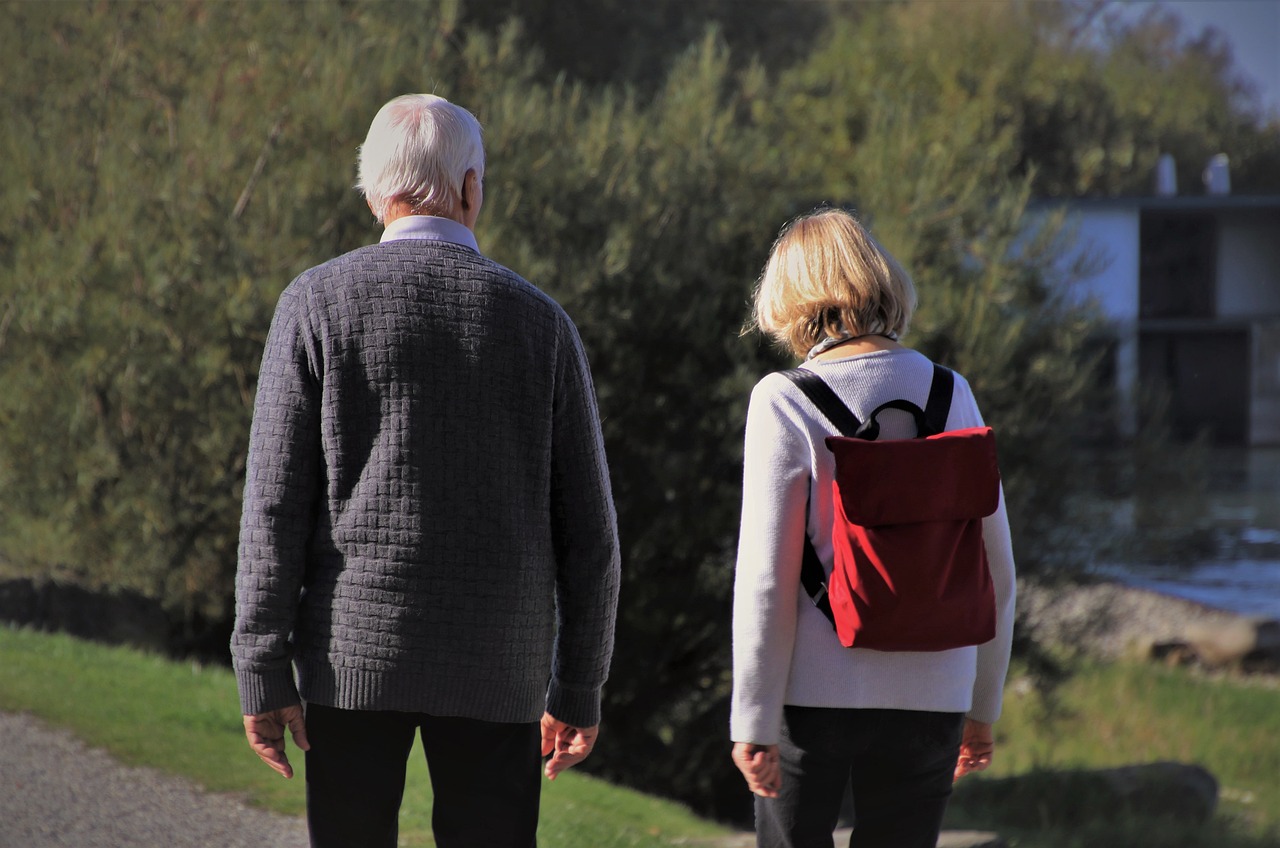Table of Contents
Finding affordable housing for seniors can be a challenge, but there are many options available that offer competitive prices without compromising on quality. This guide will help you discover budget-friendly senior housing options.
• Understanding Senior Housing Needs
As people age, their housing needs often change. Seniors may need features like single-story homes for ease of mobility, access to medical care, or communal spaces to foster social interaction. Understanding these needs is crucial for finding the right living arrangement.
• Types of Budget-Friendly Senior Housing
There are several types of senior housing options available that can fit various budgets. Affordable senior apartments are specifically designed for older adults and often come with reduced rent to accommodate fixed incomes. Another option is senior co-housing, where a group of retirees buy a property together and share communal spaces. Subsidized housing, through Section 202 or HUD programs, provides financial assistance to low-income seniors. Each type comes with different price points and amenities, so it’s important to understand what features are most important to you while keeping budget constraints in mind.
• Evaluating Location and Amenities
The location of senior housing can significantly impact its affordability and livability. Urban areas may offer more convenience but at a higher cost, whereas suburban or rural areas might be more affordable but less accessible. Consider proximity to healthcare facilities, public transportation, and shopping centers. Many senior housing communities offer amenities like fitness centers, libraries, and organized activities that can enhance the quality of life. It’s important to weigh these factors and decide which amenities are essential for your well-being and which ones you can do without to save costs.
• Finding Financial Assistance
Several programs and resources can help reduce the cost of senior housing. The U.S. Department of Housing and Urban Development (HUD) offers various programs, including Section 202, which is designed for low-income seniors. State and local governments also provide assistance through various grants and subsidies. Non-profit organizations often offer grants or low-interest loans specifically for retirees. Additionally, veterans may qualify for housing assistance through the Department of Veterans Affairs. Researching and applying for these financial aids can make a significant difference in affordability, allowing more housing options to become feasible within a limited budget.
• Community Support and Social Engagement
Living in a community offering social engagement opportunities can greatly enhance the quality of life for seniors. Many affordable senior housing communities provide recreational activities, group outings, and social events that foster a sense of belonging. Volunteering opportunities and wellness programs are also commonly available. It’s essential to consider the level of social interaction and support offered when evaluating different housing options. Being socially active can help prevent feelings of isolation and improve mental health, making a budget-friendly community with a robust social calendar a valuable find.
• Planning and Decision-Making
Planning ahead is crucial when it comes to finding affordable senior housing. Start by making a list of must-have features and flexible preferences. Visit multiple housing communities and compare them based on cost, amenities, and overall vibe. Taking virtual tours is becoming increasingly common and can save time and travel expenses. Don’t forget to check online reviews and talk to current residents, if possible, to get an insider’s perspective. Consider consulting with a senior housing advisor who can provide expert guidance tailored to your budget and needs. Thorough planning and research will ensure you find the most fitting and economical housing option.
Finding budget-friendly senior housing requires careful planning, research, and understanding of both needs and financial assistance options. By exploring different types of housing, evaluating locations and amenities, and leveraging community support and financial resources, you can find a suitable and affordable option that makes this stage of life comfortable and fulfilling.
